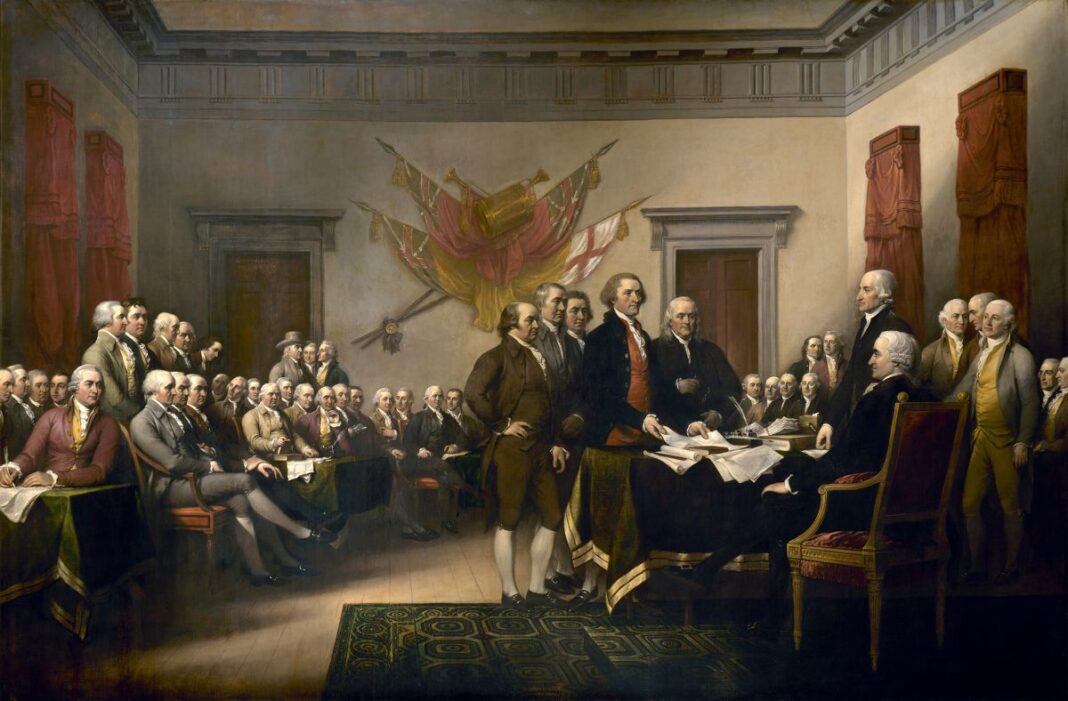The move allows DHS to bypass environmental laws and swiftly build 17 miles of waterborne barriers in South Texas to deter smuggling and illegal crossings.
Homeland Security Secretary Kristi Noem has waived federal environmental laws to fast-track construction of 17 miles of waterborne barriers in the Rio Grande in South Texas, citing the need to address security gaps that have enabled various types of illegal activity.
The Department of Homeland Security (DHS) said in a July 3 press release that waterways along the Southwest border have been identified as a significant “capability gap” in border enforcement efforts—a key Trump administration priority.
“In a continuing effort to gain and maintain operational control of the Southern border, and in support of the President’s Executive Orders, CBP [U.S. Customs and Border Protection] continues to look for innovative ways to achieve this mission,” DHS said. “A capability gap has been identified in waterways along the Southwest border where drug smuggling, human trafficking and other dangerous and illegal activity occurs.”
The new waterborne barriers are intended not only to strengthen border security but also to create safer conditions for Border Patrol agents and deter illegal immigrants from attempting dangerous river crossings, DHS added.
The waiver signed by Noem allows the agency to sidestep laws such as the National Environmental Policy Act, which mandates thorough environmental studies before construction. The waiver authority comes from Section 102 of the Real ID Act, which lets DHS fast-track projects related to national security.
This is the sixth waiver Noem has signed for border barrier construction since President Donald Trump returned to office in January.
In April, she issued a similar waiver allowing the immediate construction of about 2.5 miles of new border barriers in Southern California, citing the need to cut through bureaucratic delays that she said hampered the administration’s border security efforts. That decision was met with criticism from environmental advocates, who said that fast-tracking such projects sidesteps crucial environmental and cultural protections.
“Waiving environmental, cultural preservation, and good governance laws that protect clean air and clean water, safeguard precious cultural resources, and preserve vibrant ecosystems and biodiversity will only cause further harm to border communities and ecosystems,” Cameron Walkup, a legislative representative at Earthjustice, in said in a statement in response to the California waiver.
By Tom Ozimek








